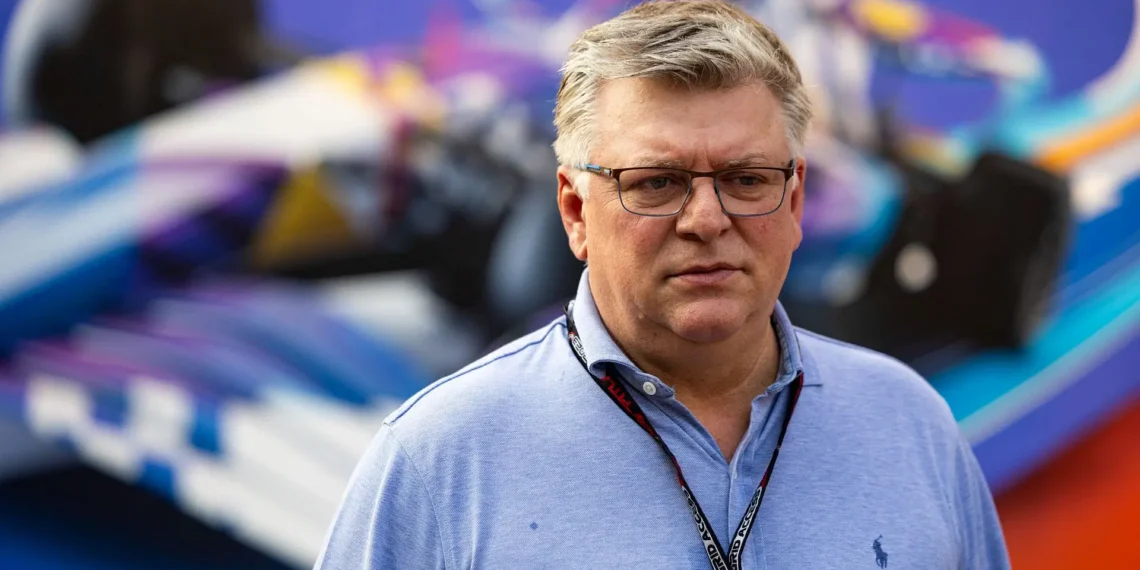Former F1 Team Boss Slams ‘Football Manager’ Mentality in Team Decisions
In a scathing critique of the current state of Formula 1 team management, ex-Alpine team boss, Otmar Szafnauer, has lambasted the trend of treating F1 team bosses like football managers, calling for a shift towards greater patience and realistic expectations for success.
Szafnauer, who parted ways with Alpine due to a difference in opinion with Renault CEO Luca de Meo on the timeline back to success for the team, emphasized the need for continuity and expertise within the sport. He highlighted the detrimental impact of impatience and short-sighted decision-making on team performance and stability.
The revolving door of team bosses at Alpine has raised eyebrows, with Bruno Famin and Oli Oakes stepping in before abruptly exiting their roles. The uncertainty surrounding Alpine’s leadership coincides with De Meo’s impending departure as Renault CEO, further adding to the team’s challenges.
Szafnauer’s tenure at Alpine saw a fourth-place finish in 2022 and promising results in 2023, showcasing the potential of a strategic and long-term approach to team management. However, conflicting visions and unrealistic expectations led to Szafnauer’s departure, reflecting a broader issue within the sport.
The recent speculation around Ferrari’s team boss position also underscores the growing pressure on team leaders to deliver immediate results, often at the expense of sustainable growth and development. Szafnauer’s insights shed light on the shifting dynamics of F1 ownership and management, urging stakeholders to prioritize expertise and strategic planning over hasty changes.
As Alpine searches for a new team boss, the challenges of recruiting top talent in a competitive landscape have become more pronounced. Szafnauer’s observations on the lengthy gardening leave periods and contractual obligations facing potential hires highlight the complexities of talent acquisition in modern F1.
Despite the upheaval at Alpine, Szafnauer remains a prominent figure in the F1 world, with potential opportunities on the horizon. His principled stance on the importance of experience and industry knowledge in team leadership positions serves as a cautionary tale for teams grappling with internal turmoil and external pressures.
As the F1 landscape continues to evolve, Szafnauer’s outspoken criticism resonates with a sport at a crossroads, where tradition clashes with modernity, and long-term vision competes with short-term gains. The future of team management in F1 hangs in the balance, with Szafnauer’s legacy serving as a reminder of the perils of prioritizing instant gratification over sustained success.










